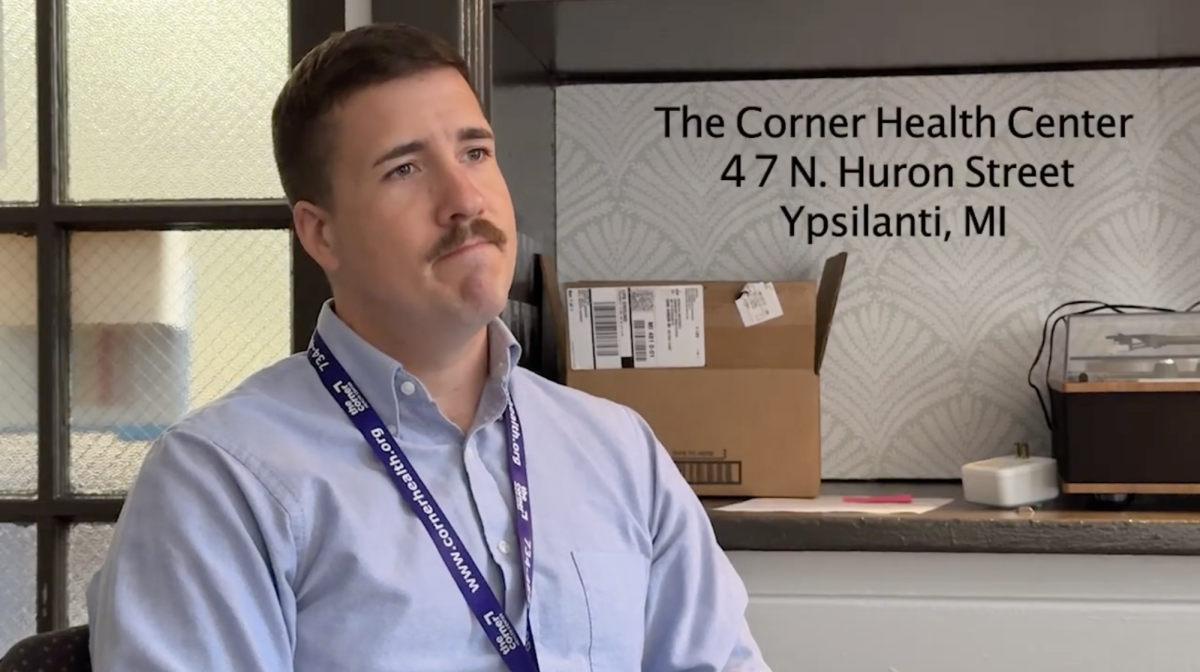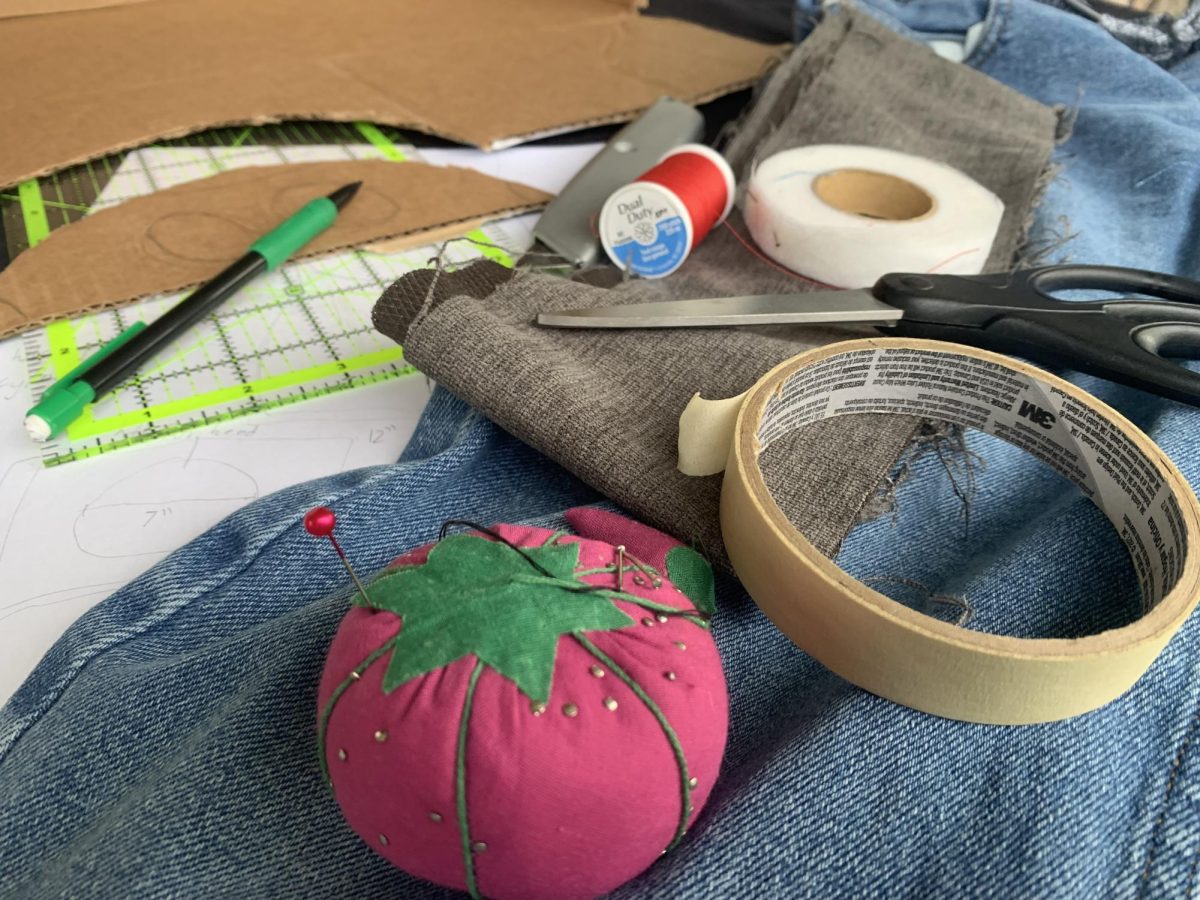Stinging fingers and chattering teeth. Icy tears roll down her cheeks as her boyfriend tries to convince her everything will be alright. Nowhere to go. Too cold, too sad to sleep. Her boyfriend takes off his coat and covers her body laying on the blacktop, leaving himself exposed to the bitter cold. The hours pass, and the tears keep flowing. The sun begins to rise and her eyes begin to dry; the night is finally over.
At only 19 years old, this was one of the moments Stephanie Dent experienced during her ongoing struggle with homelessness. Dent is a Black woman who has been living on the streets for about two months, and has been in and out of housing since she was in her late teens.
Before that, Dent had bounced from house to house in the foster system throughout her childhood. When she turned 18, she could no longer rely on support from foster care. This was one of the reasons Dent found herself in homelessness.
“My family gave me up at a young age, so I had to go to placement,” Dent said. “They just spit me back out at 18.”
The changing seasons add an additional challenge to homelessness. In the winter, it’s too cold to stay outside. Your teeth chatter and your fingers freeze. During the summer, the air is hot and humid, making sweat control and hygiene a real struggle. Dent carries a hygiene bag with soap, a tube of toothpaste and a toothbrush. When her clothes are dirty, she does her laundry at the Robert J. Delonis Center.
Now, Dent has a family and has built a support system. She pays half the rent at her sister’s apartment. There, she changes her clothes and showers. Although she does have a place to stay, Dent still considers herself homeless. She doesn’t have a place of her own; she still is forced to jump from place to place just to find somewhere to sleep.
Dent dropped out of Ypsilanti High School her senior year at age 19. Shortly after, she applied for social security due to her mental illness. Dent has schizo bipolar disorder, a mental illness that affects your mood and psyche and is a combination of schizophrenia symptoms and bipolar disorder. Symptoms include depression, hallucination, paranoia, psychosis, racing thoughts, thoughts of suicide, impulsivity, self-harm, or sudden spikes in energy.
Now, Dent sells Groundcover Newspaper on Ann Arbor’s city streets. About six years ago, when she first got involved with Groundcover, she had her own apartment, but since then, Dent has fallen back into homelessness.
Groundcover is a local newspaper service that raises awareness of poverty and homelessness. It aims to employ those without jobs and house those without homes. Vendors are not required to have an ID, address, or social security number to sell Groundcover. The vendors are also provided with training twice a week. Groundcover hosts biweekly workshops to strengthen employable skills.
“It’s something that I stand for, especially working with Groundcover,” Dent said. “They stand for people being homeless and what we go through and how we get through it.”
Dent joined Groundcover because it aligned with her morals— human compassion and respect.
As pedestrians listen to Dent’s pitch, they lose interest the moment the word “homeless” leaves her mouth. Judgment is felt from every corner of the world: judgment from strangers, judgment from volunteers, judgment from family, and being talked down to and stared at.
“It’s a humbling experience, very humbling,” Dent said.
Dent mentioned several times how important it is to have compassion for everyone you meet. Anyone you talk to or anyone you pass on the street could be struggling with poverty.
Dent’s sister went to college to get a higher education, but she still lived in poverty. Not because she didn’t put in enough work but because anyone can fall.
“Homeless doesn’t have a name on it; it doesn’t,” Dent said. “It can happen to the best of us.”
Through the years of empty stomachs, nights on the streets, and tears that dampen her cheeks, Dent has kept persevering. She knows that it gets better and that she will come out on the other side. She keeps a mantra in the back of her mind for when she feels like everything is wrong:
“Easy does it,” Dent said. “It gets better.”
















